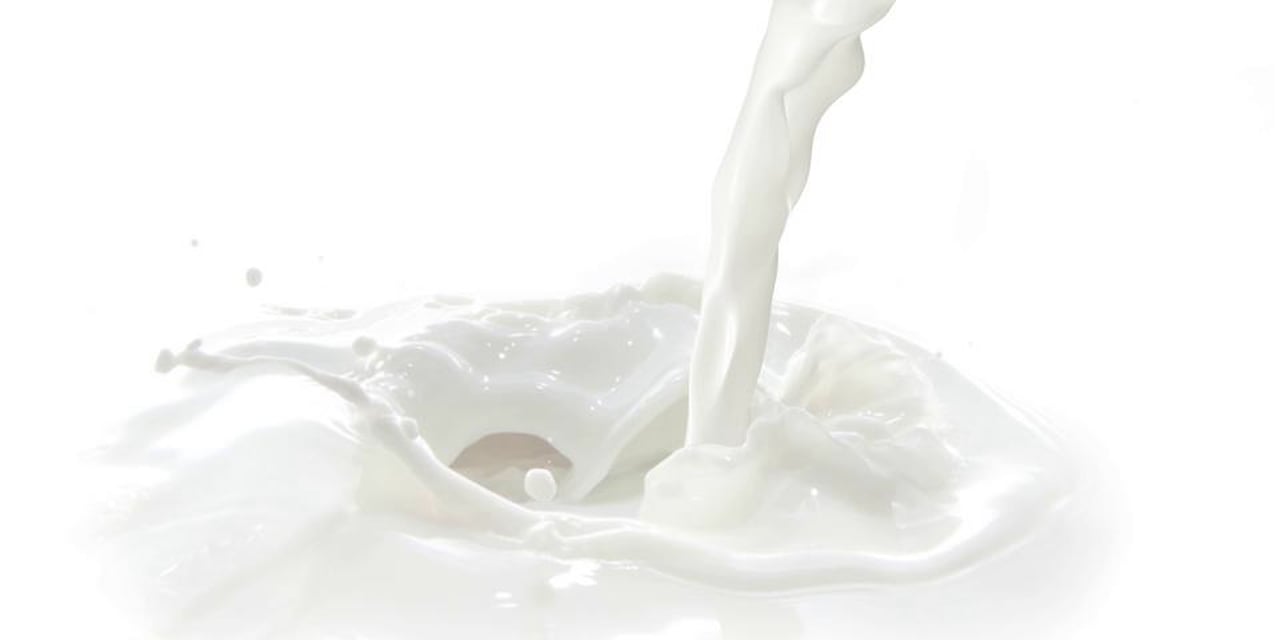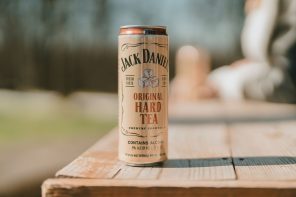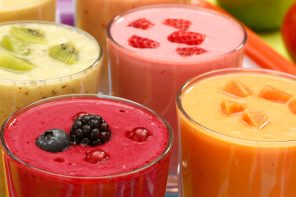Following a recent European court decision to ban the word “milk” being used on plant extract products, a dairy advocacy group in Australia is pushing for similar changes to product labelling. It is possible that we could see a similar trend in New Zealand in the future. So what are the proposed changes and who will they impact?
What happened in the EU?
The European Court of Justice has ruled that purely plant-based products can no longer be sold in the EU using terms such as “milk”, “butter” and “cheese”. The ruling followed a complaint brought by a German consumer protection group against TofuTown – a German vegetarian and vegan foods producer. It was claimed that some of TofuTown’s products, such as “Soyatoo Tofu butter” and “Plant cheese”, infringed EU legislation on ‘designations’ for milk and milk products. The relevant legislation reserves the terms “milk”, “butter” and “cheese” only for milk of animal origin.
The Court said that such designations cannot be legally used on a purely plant-based product unless that product is mentioned on the list of exceptions, which is not the case for soya or tofu. The court reasoned that the addition of descriptive or clarifying information which indicated the plant origin of the product had no influence on the prohibition. This is a significant change in the way that plant-based products have traditionally been labelled in EU and around the world. It means that the use of descriptive words on the packaging is no longer enough to distinguish between dairy products and plant-based imitators.
You can read the full judgement here.
What’s happening in other parts of the world?
With a rise in the number of vegan food alternatives available to consumers, there has been a global push to uphold and enforce current standards of labelling for milk and milk products in particular.
An Australian dairy advocacy group, Dairy Connect, has launched an online petition to sway Australian food and consumer product regulators to follow the lead of European lawmakers when it comes to “fake” milk products.
Farmers groups in Australia argue that consumers do not necessarily understand the composition and nutritional differences between real dairy products and plant-based imitators. Many shoppers equate the nutritional benefits of cows’ milk with plant drink alternatives and Dairy Connect argues that there is a chance for shoppers to be misled.
Fair trading laws in Australia require that labels and packaging do not misinform consumers with false, misleading or deceptive representations. Changes to milk labelling would give consumers a clearer distinction between plant-based and purely dairy-based products. It would also allow consumers to be better aware of the nutritional variations between traditional dairy milk and plant-based alternatives. In light of this, Dairy Connect’s petition is urging Australia to keep up with the labelling law in overseas markets.

In the United States, strong political support exists for a proposed clear FDA law defending milk from imitations, by banning the word “milk” being used on any product derived from plant-based ingredients, such as nuts, beans or seeds.
Similar laws prohibit dairy alternatives being labelled as milk in Canada, also protecting the word milk to describe “the lacteal secretion obtained from the mammary gland of a cow”.
What can your business do to ensure compliance?
The majority of food claims in New Zealand are managed by reference to the general provisions in the Fair Trading Act 1986, which require that any representations regarding food must not be false, misleading or deceptive and they can be substantiated at the time they are made. Whether there is a legal breach of the FTA depends on the overall impression created in the mind of the target audience (consumers) without assuming that consumers would have any special knowledge or insight.
Currently, “milk” is defined under the Australia New Zealand Food Standards Code (Food Code) as “the mammary secretion of milking animals, obtained from one or more milkings for consumption as liquid milk or for further processing”.
Whilst plant-based milk alternatives do not necessarily fit this description, the addition of extra clarifying information, such as adding the word “coconut” in front of the word “milk”, is likely sufficient for Australian and New Zealand standards of labelling.
Under the Food Code, any plant-based drinks that contain less protein than regular milk are required to have advice on the label that the product is not suitable as a complete milk replacement for children under 5 years old. The same applies for plant-based milk alternatives that are lower in fat than regular milk, where the label must advise that the product is not a complete milk replacement for children under 2 years of age.
Europe’s strict interpretation of the law seems to be gaining traction in the United States and Australia, suggesting that legislative changes could soon follow in these countries. Therefore, whilst there is currently no specific legislation in New Zealand which addresses the labelling of animal product alternatives such as coconut milk and nut butters, manufacturers of plant-based products using designations such as “milk” and “butter” should keep a close eye on changes in this space.






